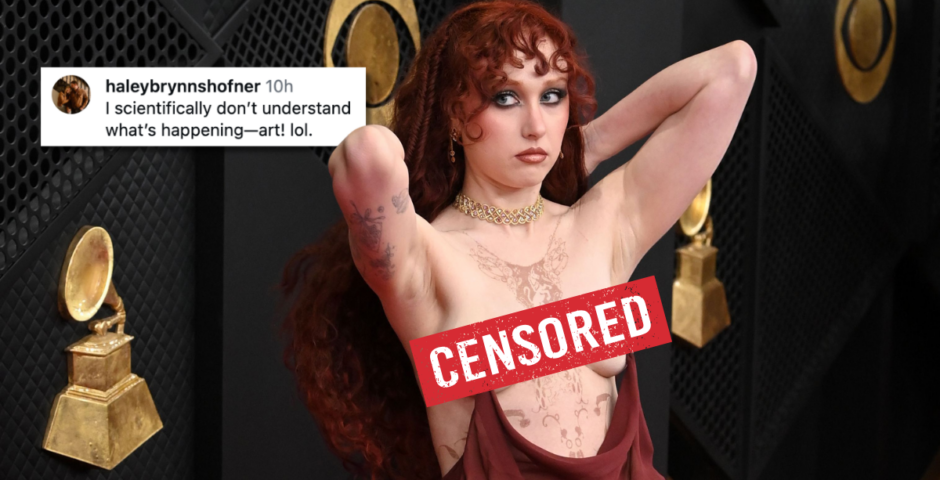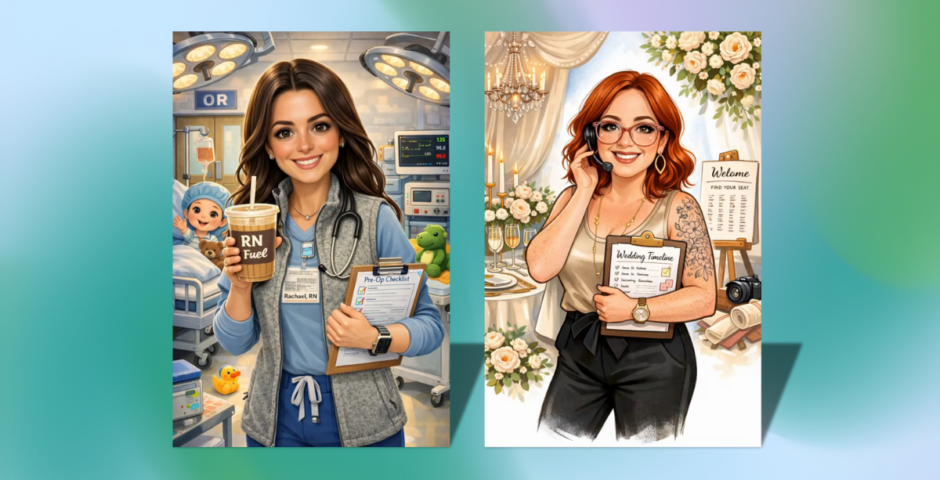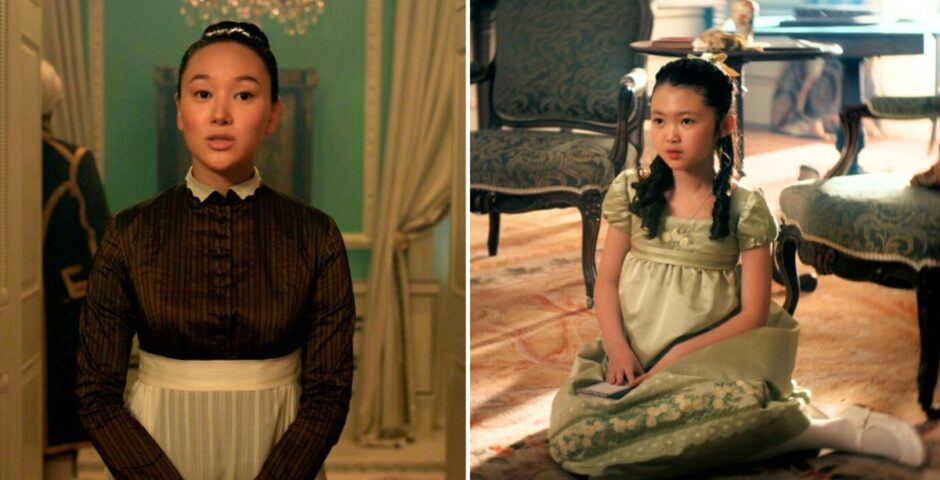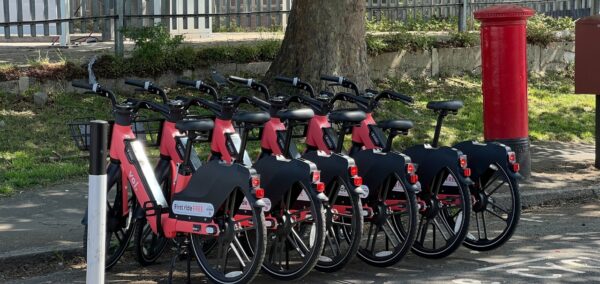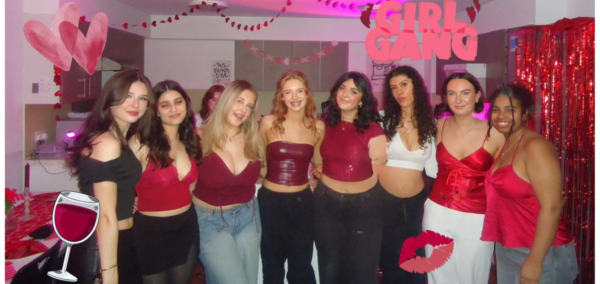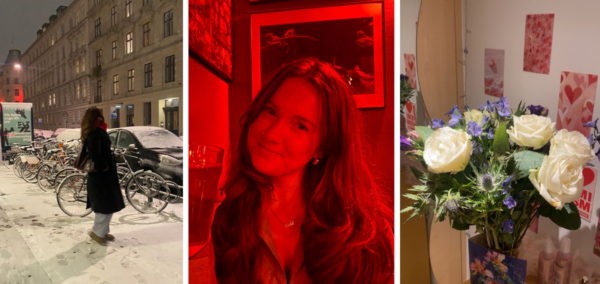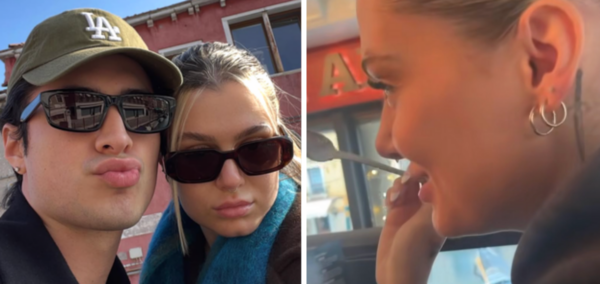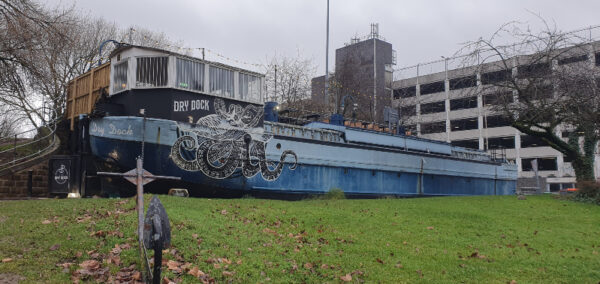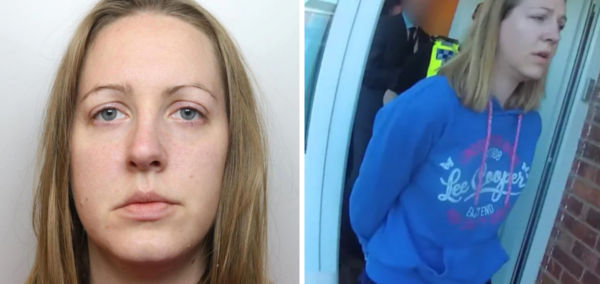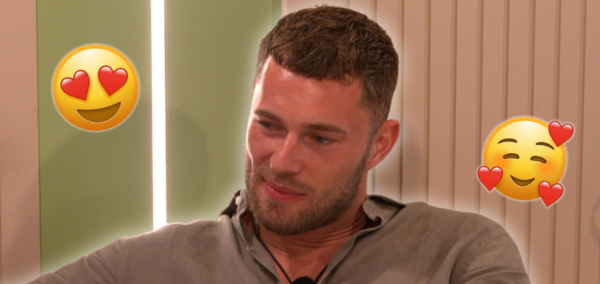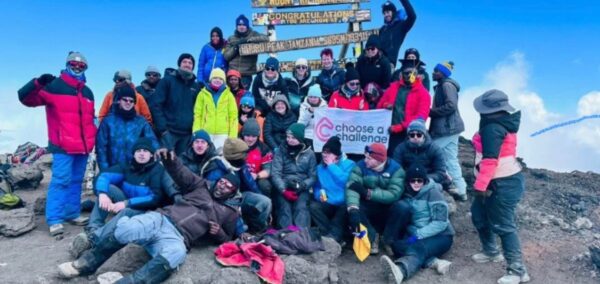
The way we treat trans people will be history one day, future generations should be ashamed
Being trans has never been easy for us
Being trans has never been easy. From transphobia in school playgrounds and streets to misinformation about us in the media and struggles accessing healthcare, it constantly feels that we are up against it.
While I’ve faced violence, transphobic comments and situations where I’ve worried about my safety, I also feel it’s important – as a trans person who passes as male – to acknowledge that trans women face additional levels of transmisogyny. The transphobia I’ve faced has come in many forms from slurs being yelled at me, to being physically attacked for who I am. But recently it’s been even harder.
With transphobic attitudes splashed across national headlines to the invocation of Section 35 to block the Scottish government from allowing trans people to declare their own gender, it’s hard not to feel that there is a war on trans people. We are a small minority – just 0.5 per cent of the population, the latest census found – yet we hear negative things said about who we are, day in, day out.
Looking back, LGBT+ people have made newspaper headlines for the wrong reasons many times. From the Stonewall riots, the first Pride march in London in 1972 all the way to the 1980s when it really kicked off. The coverage of the AIDS crisis saw gay people used as a “political football”, and I now believe trans people are being used in the same way. I hope that people will look back on now, like they look back on then – with remorse.
Most Read
One advantage we have now is that our community is much better organised, thanks to social media. This also means that our struggle will be well-documented, easy for all to see. There will be too much for people to ignore. Future generations will know what happened, they will have access to the first-hand experiences of trans people on the front line, those who fought for their rights.
When I imagine these future generations, I hope they have rights that they take for granted, that they can access without fear. Some, as with every generation, will choose to forget, to gloss over our history — I once saw two gay men in Manchester remark “ew, no thanks” upon seeing the AIDS memorial — but most will be respectful of the past, and thankful for being the generation after.
We are starting to see the everyday heroes come through too, the ones that we will remember. Just like in the 1980s, these people come from all over. Those allies wearing pronoun pins, companies asking employees to put their pronouns in email signatures, parents telling their children that being trans is nothing to be ashamed of – small actions that make trans people feel seen and welcome.
I look forward to a future when I become an elder within the trans community. When I tell my story and see the awe on the faces of young people, shocked by how much we struggled to survive. But I also look forward to the day that I live in envy of how easy younger trans people have it, living in a world with fewer barriers. Most of all, I hope our stories get written in history books, because it will make history one day.
Roan is an ambassador for leading UK LGBTQ+ young people’s charity, Just Like Us. You can read more about the charity here.
Related stories recommended by this writer:
• All the LGBTQ+ influencers you should be following to make your feed even better
• The Last of Us showed a gay love story to the mainstream audience who need to see it most
• Call the ‘think of the children’ backlash over Sam Smith what it is: Bigotry and fatphobia
Trans flag courtesy of Alexander Grey on Unsplash and protest photo credited to Thiago Rocha on Unsplash.

